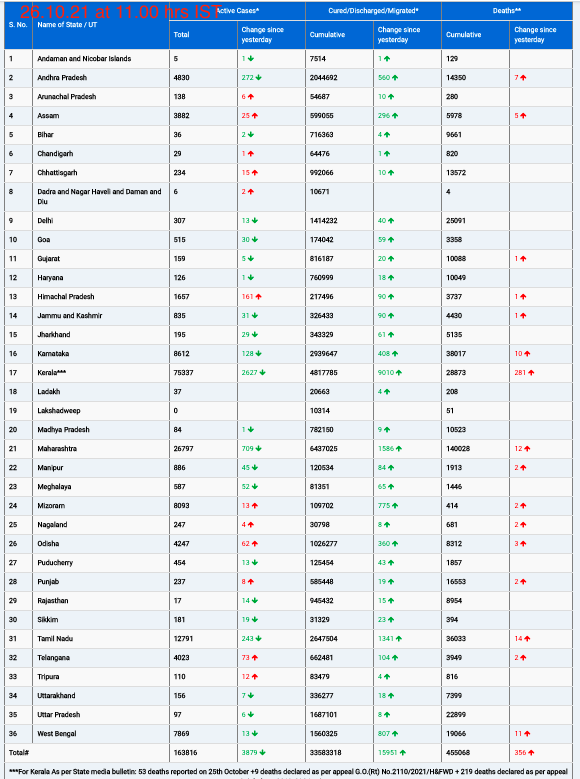New Delhi, India – In a significant stride towards advancing healthcare, the Council of Scientific and Industrial Research (CSIR) announced the successful completion of the first phase of its ambitious health monitoring project, aimed at developing an enhanced prediction model for cardio-metabolic diseases. The announcement was made on Monday, marking a milestone in the fight against these prevalent health issues.
The study, dubbed the ‘Phenome India-CSIR Health Cohort Knowledgebase’ (PI-CHeCK), represents the first-ever pan-India longitudinal study designed to improve prediction models for diseases such as diabetes, liver diseases, and cardiac conditions. The completion of this phase saw the project surpassing its initial target, with over 10,000 samples collected from diverse demographics across the country.
Dr. Shantanu Sengupta, Senior Principal Scientist at CSIR-Institute of Genomics and Integrative Biology, highlighted the importance of this study in addressing the unique genetic and lifestyle factors that contribute to the risk of cardio-metabolic diseases in India. “The risk factors in the West may not be the same as the risk factors in India. A factor which may be important for a particular person may not be important for another person. So a one-size-fits-all concept has to go in our country,” Dr. Sengupta stated at an event in Goa.
India faces a significant burden from cardio-metabolic diseases, yet the underlying reasons for their high incidence remain unclear. The PI-CHeCK project aims to shed light on these causes and tailor risk assessment and prevention strategies to the Indian population’s specific needs.
Launched on December 7, 2023, the PI-CHeCK project is set to play a crucial role in understanding the mechanisms driving the increased risk and prevalence of non-communicable diseases in India. The study’s ultimate goal is to gather around one to ten lakh samples, which will enable researchers to redefine major health parameters within the country.
The CSIR has developed a cost-effective standard operating procedure for sample collection, ensuring that the project can scale efficiently and inclusively. By identifying and analyzing unique risk factors prevalent in the Indian population, the study aims to develop new strategies for risk stratification, prevention, and management of major cardio-metabolic diseases.
Experts emphasize that such research is vital for formulating effective public health policies and interventions tailored to the Indian context. The success of the PI-CHeCK project’s first phase is a promising step towards a healthier future for India, paving the way for more personalized and accurate healthcare solutions.
As the project progresses into its next phase, the scientific community and public health officials eagerly anticipate the valuable insights it will provide, potentially transforming the landscape of cardio-metabolic disease management in India.












